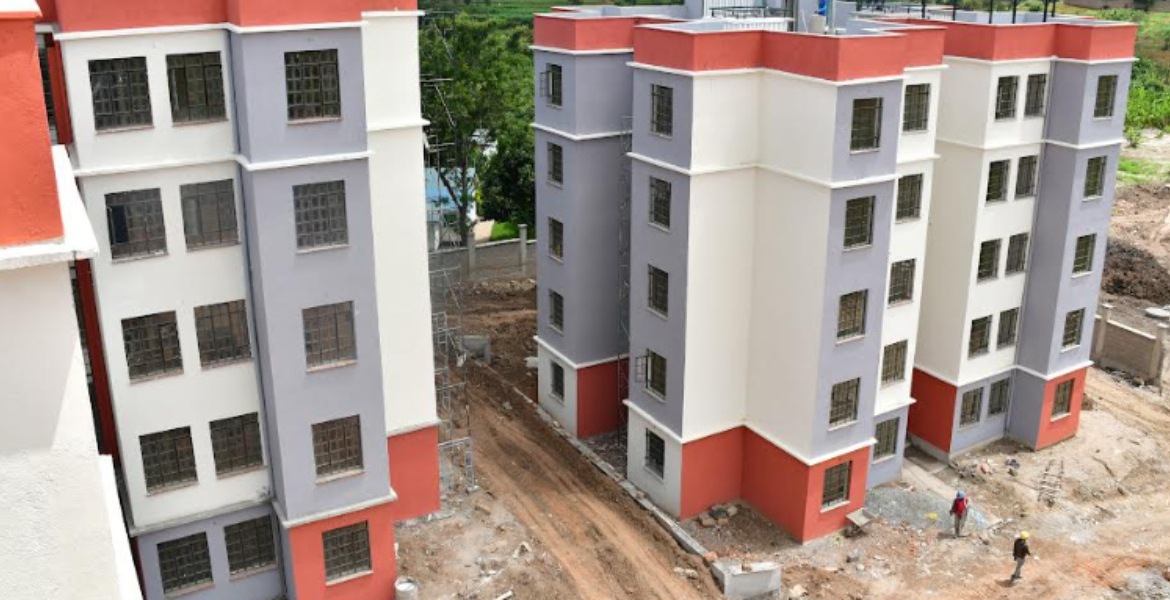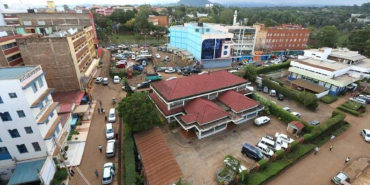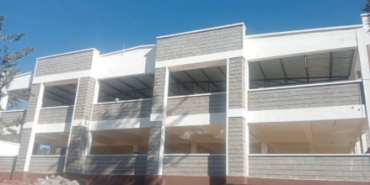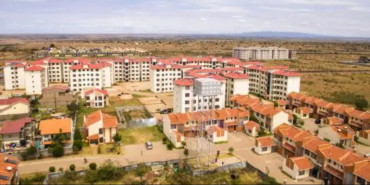Kenya’s Affordable Housing Program Faces Evictions, Legal Battles, and Delays

President William Ruto's ambitious Affordable Housing Program, designed to alleviate Kenya's housing deficit and stimulate economic growth, is facing increasing scrutiny as reports of displacement, legal challenges, and project delays emerge across the country.
While the government touts the initiative as a transformative step towards modernising urban living and providing affordable homes, its implementation has triggered significant distress among communities impacted by evictions and unfulfilled promises. The program's immediate impact has been felt most acutely in urban centres like Nairobi. Areas such as Lang'ata, Huruma, and Marigoini have witnessed mass evictions, leaving former residents grappling with uncertainty about their future prospects. The government's assurances that displaced individuals will benefit from the new housing units have done little to quell anxieties, as many fear permanent exclusion.
In Lang'ata, the construction of a proposed 17-storey complex has been temporarily halted by a court order following a petition filed by Busia senator Okiya Omtatah and others. The petitioners raised concerns about the lack of an environmental impact assessment, highlighting potential adverse effects on critical infrastructure such as Wilson Airport, Lang'ata Barracks, and Nairobi National Park. In Huruma, Muslim leaders have voiced strong opposition to the program, alleging encroachment on religious sites.
They fear the obliteration of sacred prayer and learning grounds in the name of progress, highlighting the potential for cultural and religious conflicts when implementing large-scale development projects. The impact of the Affordable Housing Program extends beyond Nairobi, reaching into the North Rift region, where similar eviction and displacement patterns have emerged. In Eldoret, the demolition of homes in Pioneer estate, built by the now-defunct Eldoret Municipal Council, to make way for a planned 1,500-unit housing complex has left over 800 families displaced. Residents allege that the promised compensation of Ksh10,000 per household has not been disbursed, exacerbating their financial hardship.
A similar situation unfolded in Kapsuswa, where residents received eviction letters months before their homes were flattened to make way for the "Kidiwa 2 Affordable Housing Project." While the new buildings are nearing completion, many former occupants remain stranded in temporary shelters, uncertain about their prospects of returning. In West Pokot County, the issue takes on a different dimension as officials cite the need to reclaim public land, alleging that current occupants acquired the land illegally.
However, residents of Bendera in Kapenguria assert ancestral rights to the land, claiming their families have lived there for generations. Harun Chumba, the grandson of the late Lokwang Poson Pkieng, recounts how the government repossessed the title deed decades ago, effectively stripping the community of its home. Local leaders are advocating for alternative sites to be used for construction, rather than forcibly removing families.
Further east in Trans Nzoia, a 2,000-unit mini-city project launched by President Ruto in early 2024 has stagnated, transforming into a dumping ground. The project's failure raises concerns about the viability of similar housing initiatives nationwide. In Western Kenya, the implementation of the Affordable Housing Program has been marked by financial struggles and unmet promises. In Kisumu, residents of Makasembo estate received notices of impending demolitions, with each household receiving Ksh96,000 as compensation.
However, many residents argue that this amount is inadequate for securing alternative housing. Widow Jane Akinyi, who had lived in Makasembo for 30 years, was forced to downgrade to a smaller unit following her husband’s passing, underscoring the financial burden placed on vulnerable families. In Kakamega, chaotic demolitions at Milimani estate, targeting properties owned by prominent figures, were accompanied by looting. Residents lamented the lack of security provided by the government, as thieves carted away household goods in broad daylight.
Government workers in Siaya also faced evictions, with employees given just two months to vacate their residences. Public health officer Vincent Otieno described the experience as disruptive and unfair, noting that some colleagues had resorted to long commutes after being forced to relocate. In the Mt. Kenya region, the Affordable Housing Program has exacted a heavy toll on religious communities. In Murang'a County, at least two churches in Kandara were demolished, displacing around 700 worshippers. While an alternative site was allocated following public outcry, the disruption remains a sensitive issue for many congregants.
Economic concerns are also mounting in Murang'a town, where traders and transport operators worry about the possible relocation of the matatu terminus. Hawkers fear that the move would undermine businesses that rely on the bustling foot traffic of the current location. Construction of 300 housing units in Kenol has been halted due to disputes, while in Kirinyaga, government employees were abruptly evicted from government-owned housing without warning. Displaced workers have been forced to relocate to rural homes, commuting long distances for work.
The Affordable Housing Program, while designed to address the country's housing deficit and provide economic opportunities, has faced significant challenges in its rollout. These include displacement, economic strain, unresolved legal disputes, and project delays. The government maintains that the initiative will ultimately benefit millions of Kenyans, providing shelter and economic opportunities for the country's growing population.








Add new comment